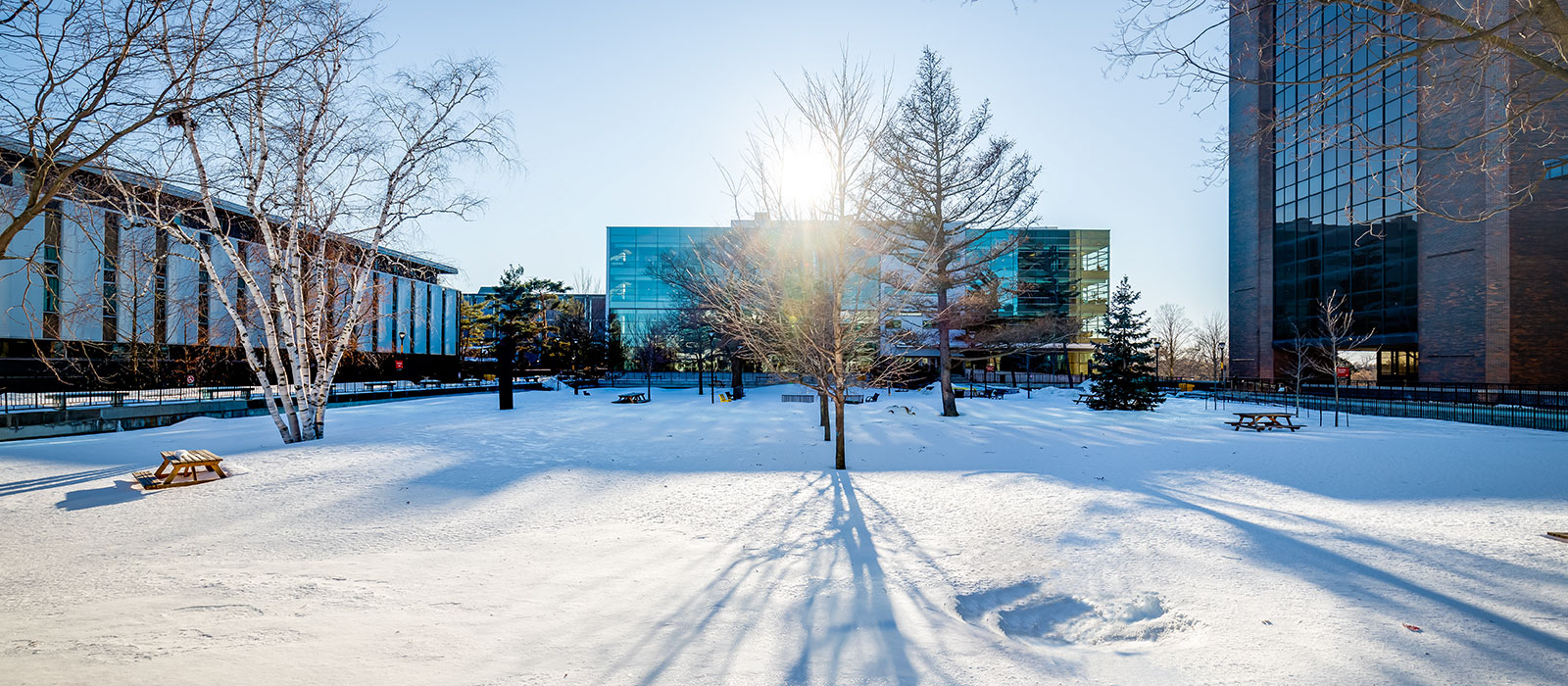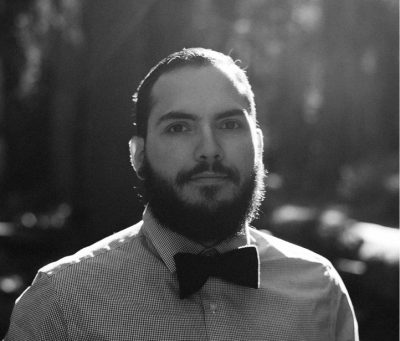Carleton’s Canadian Studies graduates pursue an extraordinary variety of professions and are leaving a lasting legacy in boardrooms, heritage sites, newsrooms, museums, embassies, legislative chambers, galleries, and universities around the world.
Read What Our Alumni Are Saying…
| Christopher DesRiviéres
MA CDNS, 2023 |
Estimator, PCL Construction
I chose Canadian Studies so that I can apply my various degrees in Architecture, Anthropology and Indigenous Studies into one multidisciplinary program. My MA has made me more confident in my abilities to pursue my career goal of coming an industry leader in heritage and conservation. While studying in the Canadian Studies program, I enjoyed having an array of different academics with varying fields of study teach me about Canada through their disciplinary lens (Architecture, Communications, Literature etc). Don’t be afraid to take a chance and follow your current passions! |
| Julia Mason, MA CDNS, 2023 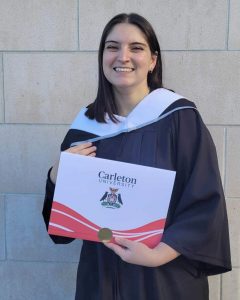 |
Program Coordinator, Equality Fund
I completed a BA in International Development Studies with a minor in Indigenous Studies at Trent University and felt strongly that I needed to continue to explore my positionality as a white settler and the responsibilities that I feel are associated with that, and to ground my learning in my BA in the context of settler colonialism in Canada. SICS was recommended to me by a professor at Trent and I felt the close-knit department and research within the department were a good fit. My degree gave me the opportunity to do independent research, have critical discussions about Canada’s role in international development and as a country founded on settler colonialism, and to work with some really amazing students and faculty as a TA. I think this really fostered my curiosity and my decision to seek out a position that would align with the values I developed throughout my education. I wanted to find a position where decolonization, sustainability, and social justice would be priorities and it was clear that Equality Fund’s mandate aligns with that. I really enjoyed all the coursework I did and can’t say enough positive things about all the faculty I studied with, but the heritage classes were my absolute favourite – I would recommend them to anyone who hasn’t taken a course in that subject area before. Completing an MRP with my Supervisor, Dr. Julie Tomiak, was a major highlight of my MA experience. Taking on an independent project in a 2-year master’s is challenging but incredibly rewarding, and the support I had from the department and Julie especially was amazing. Lastly, my experience as a TA was such an amazing opportunity to get to know other faculty and instructors in the Canadian Studies and Indigenous Studies programs and to learn from and work with second-year students. My biggest piece of advice would be to offer yourself compassion and grace as you navigate this phase of your life. Make connections where you can – building a community was an important way for me to process my learning, share experiences, and give and receive support. Enjoy the journey! The opportunities for learning and growth are so worthwhile. |
| Mikaela Gallinger, MA CDNS, 2019  |
Researcher – History and Commemoration Branch, Parks Canada
The Practicum opportunities offered are so beneficial as is the mentorship of the Professors. |
| Hanna Stewart, BA CDNS 2018  |
Policy Analyst, Immigration, Refugees and Citizenship Canada
The School is such a wonderful family with the opportunity to build lifelong friendships with people from different cultures and histories, with like-minded views. I am appreciative of how the School encouraged students to network, get involved, and think critically. Due to its small size, my fellow classmates and I had a much more interactive relationship with the profs and admin staff. These relationships will last a lifetime. |
| Jessica Helps, MA CDNS 2014  |
Information Management Specialist, Government of Canada
I enjoyed my time in academia and I know that it has prepared me in a myriad of ways, but I’ve been struggling with the paradox of being over-educated and underqualified. I am excited to see what opportunities will be in store in the future and how my career with advance. I am very happy with the department I am currently working in, but I’d like to apply my advanced research and analysis skills more directly. I enjoyed my experience in the department and program. I liked being in an interdisciplinary program because my academic interests are diverse and intersectional. I think that it is important to find passion in what you engage with in order for it to lead to a path you want because being in a program you dislike will not contribute positively nor will it encourage you to succeed. I was going through a difficult time in my life while also pursuing my graduate degree at Carleton, and it was through the support of classmates, teachers/ supervisors, and counseling services on campus that I was able to cope and succeed academically. Since graduating my life has become a bit quieter. I have worked in a few positions in the federal government, and I strongly support the departments’ mandates by supporting documentation services or supporting the legal rights of citizens. I have volunteered in my community supporting cultural and heritage programs. After graduating I wrote a blog post for NiCHE about my graduate experience. |
| Julie S. Lalonde, MA CDNS 2013  |
Public Educator
I am a self-employed public educator training people on how to prevent and respond to gender based violence. I have created various public education campaigns focused on bystander intervention and am the founder and executive director of Canada’s first and only organization dedicated to stalking. Earning interdisciplinary degrees gave me the training I needed to do intersectional work. Canadian Studies specifically gave me the necessary analysis to better understand how American influence impacts the ability of Canadians to understand social issues at home. Studying in the school of Canadian Studies allowed me to pursue an interdisciplinary and intersectional thesis on an under-discussed issue. Nowhere else would I have been able to write a thesis on the reality of being an economically disadvantaged elderly woman. As an elder Millennial, I have seen so many of my peers pursue degree(s) in things they couldn’t stand because they felt that particular area would “guarantee” them a job. Only to then enter an everchanging workforce where nothing is guaranteed. When I switched out of Communications into Canadian Studies, some people thought I was a fool because “Journalism is such a solid profession”. Now I look around and almost all of my friends in media are living through multiple layoffs and precarious employment. Study was sets your heart on fire because absolutely nothing is guaranteed upon graduation. |
| Christine Kelly, PhD CDNS 2012 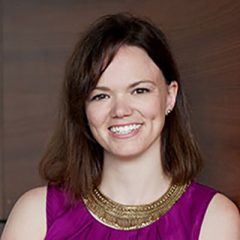 |
Assistant Professor in Community Health Sciences
I am presently working as an Assistant Professor in Community Health Sciences, a large research-intensive department that fosters interdisciplinarity as both a practice and a worldview. My research interests cross-disability studies, feminist and gender studies, cultural gerontology, and sociology. My degree in Canadian Studies allowed me to pursue these diverse interests and prepared me to work in my current position. Canadian Studies exposed me to a wide variety of ways of knowing and understanding the world through the vibrant faculty and students. My time in the department also allowed for opportunities to plan graduate student conferences, as well as work and teach broadly in other departments. Pursuing an interdisciplinary graduate education can be intellectually stimulating as well as challenging as you learn across backgrounds and terminologies that often compete. Canadian Studies provides an important arena to have these discussions and to take pause over previously unquestioned assumptions. The small size and collegiality of the department open up opportunities for student leadership, teaching, and mentorship that can be difficult to find in larger departments. |
Cara Des Granges, BA CDNS/POL SCI 2012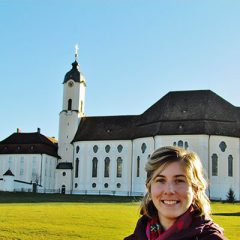 |
Researcher, Non-Profit
Canadian Studies prepared me for graduate school and to work in various fields such as the non-profit sector, government, museums, and more. The degree gives you critical thinking skills, allows for the development of creative thought, and much more. I would recommend the program as it is a really diverse degree that is a great fit for those with diverse interests like culture, history, politics, and more. Because of the diverse topics covered you are constantly learning new material which is fun. I work in the non-profit sector spreading civic education among Canadian youth and the greater public. I create tools and campaigns that educate young Canadians about the importance of being active citizens in their communities, I challenge them to know more about their country and shape them to participate in their democracy. |
